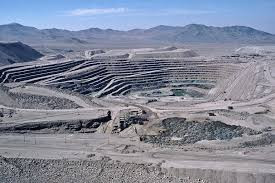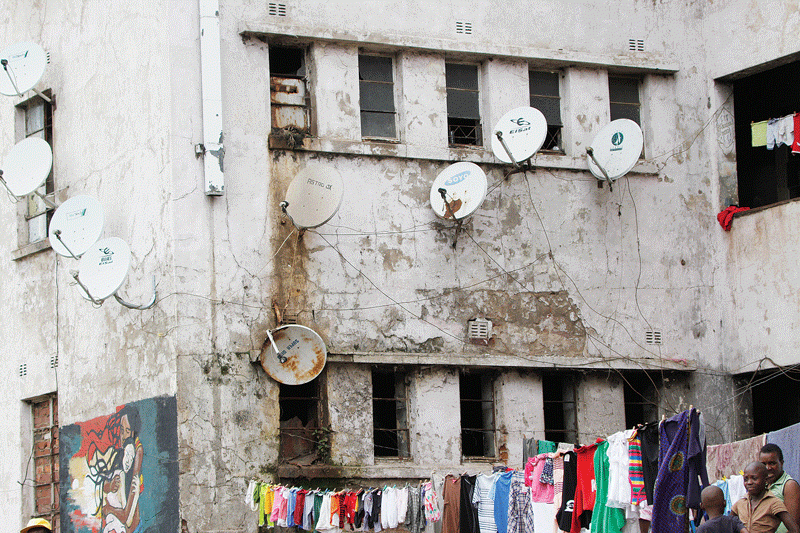
Zimbabwe is blessed with some of the world’s richest lithium reserves, a resource the world desperately needs to power the clean energy transition. But the real question is this: will Zimbabwe simply export raw lithium and watch others prosper, or will we use this strategic mineral to industrialize our own economy and secure a sustainable future for our people?
Beyond Extraction: Building Zimbabwe’s lithium economy
History has taught us a painful lesson, exporting raw materials while importing finished products keeps nations trapped in dependency and poverty. We cannot afford to repeat this with lithium. The time has come to say: Zimbabwe will not waste its lithium.
Lithium must fuel factories, jobs, and innovation in Zimbabwe. Instead of sending unprocessed ore abroad, we must build:
-Refineries that produce battery-grade lithium.
-Local battery manufacturing plants that supply energy storage for homes, industries, and electric vehicles.
-Research and development hubs that drive innovation in renewable energy technologies.
This is how we turn lithium into a driver of national development, not just export revenue.
- Is Zimbabwe ready for green building standards?
- Is Zimbabwe ready for green building standards?
- Zimbabwe deals help China tighten African lithium grip
- What’s driving the push for renewable energy?
Keep Reading
Energy security through storage
Our energy crisis cannot be solved by generation alone. Lithium batteries are the missing link to stabilise solar, wind, and hydro power. With large-scale storage, Zimbabwe can:
-Provide 24/7 electricity to industries and households.
-Reduce reliance on fossil fuel imports.
-Secure 5000MW of new capacity to meet industrial and residential growth.
-Every megawatt stored in a Zimbabwean-made battery is a step toward true energy independence.
Driving inclusive industrialisation
Lithium beneficiation is more than an economic opportunity; it is a social contract. Communities near mining sites must see new schools, clinics, and infrastructure. Young Zimbabweans must find high-quality jobs as engineers, technicians, and innovators. Women must be empowered through training and participation in the lithium value chain.
This is how we ensure that lithium development embodies sustainable growth and inclusivity.
Attracting green and impact investment
Global investors are searching for sustainable projects that deliver both returns and measurable social impact. Zimbabwe’s lithium provides that opportunity. With the right policies and transparency, we can attract billions in climate finance, impact investment, and ESG-aligned capital.
Policy certainty that prioritises value addition.
Clear beneficiation frameworks to prevent raw exports.
Environmental and social safeguards that align with global ESG standards.
A national imperative
Lithium is not just a mineral, it is a national imperative. Used wisely, it can unlock industrialization, energy security, and economic sovereignty. Misused, it risks becoming another lost opportunity, enriching others while Zimbabwe remains on the sidelines.
Conclusion: The future must be built here
As an engineer and development advocate, I strongly believe: Zimbabwe must not waste its lithium. The batteries that power Africa’s future must be built in Zimbabwe. The factories that drive innovation must rise on our soil. The jobs that transform lives must be created for our people.
Lithium is our passport to energy security, sustainability, and prosperity. Let us act boldly, with vision and discipline, to ensure this resource promotes our development, our independence, and our place in the global clean energy economy.
*Edzai Kachirekwa is a renewable energy expert and the CEO of Power Giants, a regional power company. Email: [email protected] or www.powergiantsgroup.com











